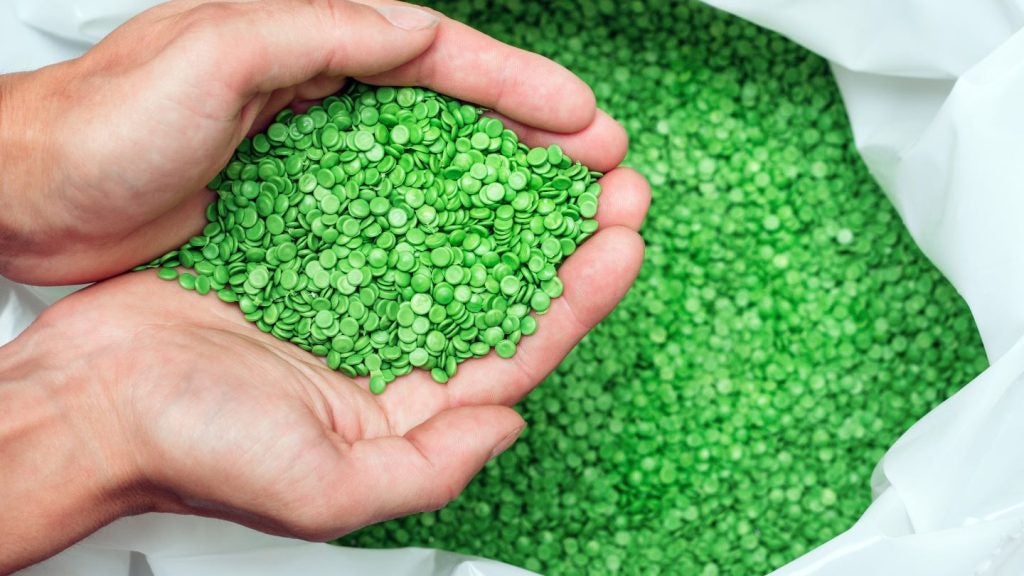Packaging regulation is tightening across Asia Pacific as governments step up measures to cut waste, increase recycling and promote circular systems.
The market in the region is forecast by Smithers to exceed USD 535bn in 2025, with growth projected to outpace the global average.
To adapt, businesses are focusing on six strategies that are reshaping packaging development and compliance.
Recycled content requirements
Mandatory rules on recycled content are emerging across the region.
India will enforce minimum levels of recycled plastic from 2025, while South Korea requires 10% recycled content in PET bottles from 2026. Japan and China continue to encourage voluntary adoption.
Executives face challenges in securing stable PCR supplies and meeting food safety standards, pushing many towards long-term contracts with recyclers.
Material innovation and substitution
New packaging formats are being developed to comply with restrictions on hard-to-recycle plastics.
Fibre-based bottles, coated boards and mono-material plastics are advancing as substitutes for multi-layer films and polystyrene. Compostable biopolymers are also entering the market, particularly in foodservice.
Brands must weigh compliance against performance and consumer acceptance when deciding which innovations to scale.
Reusable and refillable systems
Several Asia Pacific governments are promoting refill and reuse models as part of circular economy strategies.
Singapore and Hong Kong are trialling refill stations, while India and Indonesia have community-led refill initiatives for household goods.
Large brands are piloting refill pouches and returnable containers in urban centres, signalling a gradual shift towards reuse as a regulatory and consumer expectation.
Deposit return and collection schemes
Deposit return systems are gaining momentum. Singapore will launch a scheme in 2026, following established models in South Korea, Australia and Japan.
These programmes are designed to increase recovery rates for PET bottles and aluminium cans, with technology such as reverse vending machines and smart bins enhancing efficiency.
For businesses, participation requires logistical planning and investment in consumer-facing infrastructure.
Extended producer responsibility
Many countries are embedding extended producer responsibility (EPR) into law, requiring producers to finance waste collection and recycling.
South Korea’s EPR framework is already in place, while India and China are strengthening theirs.
Packaging executives must prepare for higher compliance costs and greater scrutiny of end-of-life management, alongside opportunities to shape future EPR schemes through industry collaboration.
Chemical recycling and advanced recovery
Alongside mechanical recycling, chemical recycling technologies are expanding.
China, South Korea and Malaysia are investing in advanced recycling plants capable of breaking down plastics into feedstock for new packaging.
While costs remain high, these facilities could secure long-term supplies of recycled materials and help businesses meet recycled content obligations. Early partnerships with technology providers are proving critical.
The takeaway
The six strategies—recycled content, material innovation, reuse, deposit return, extended producer responsibility and chemical recycling—together illustrate how packaging in Asia Pacific is being reshaped by regulation.
For executives, success will depend on anticipating these shifts, investing in infrastructure and aligning product design with circular economy principles.















